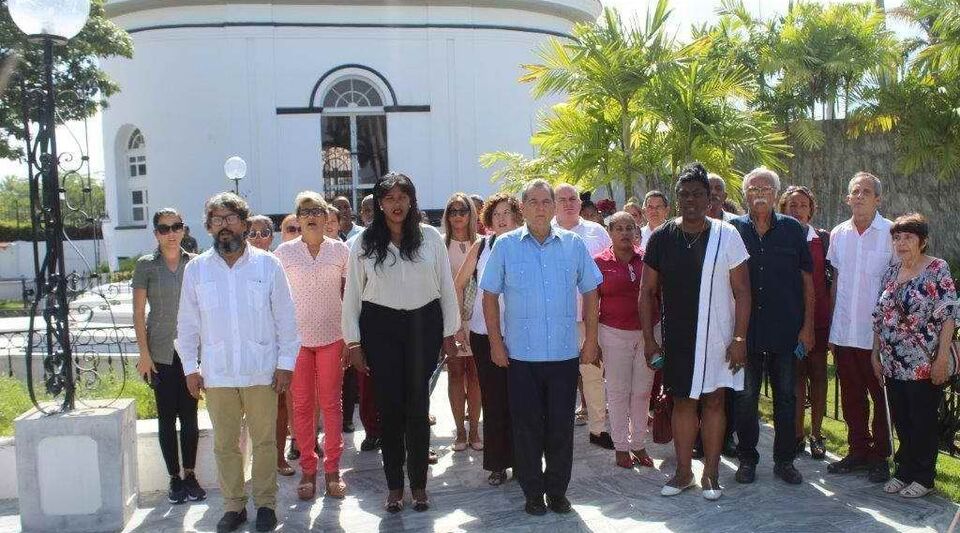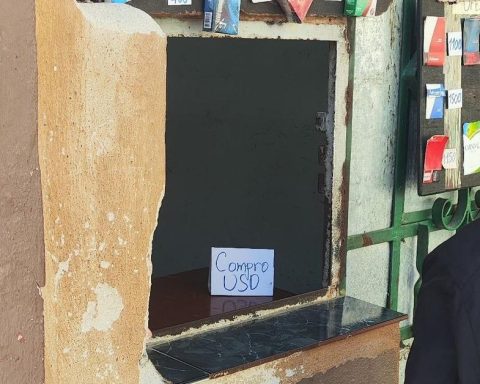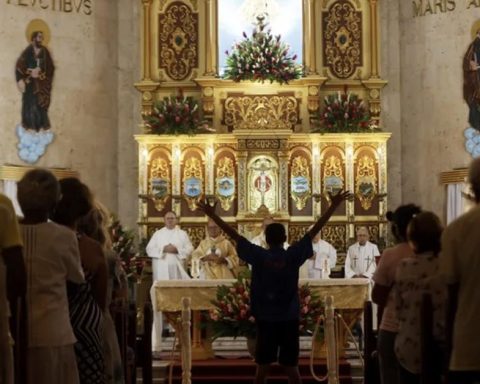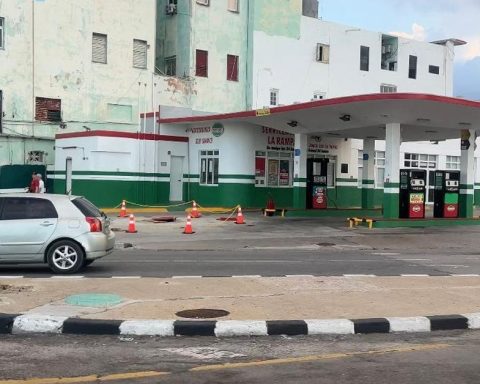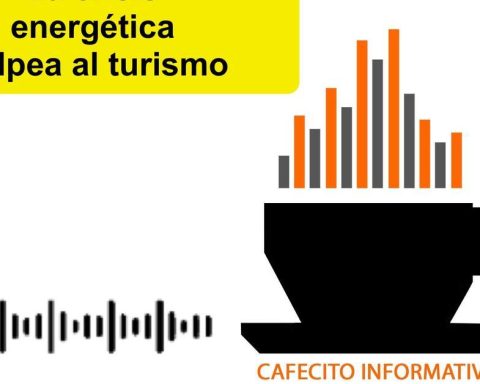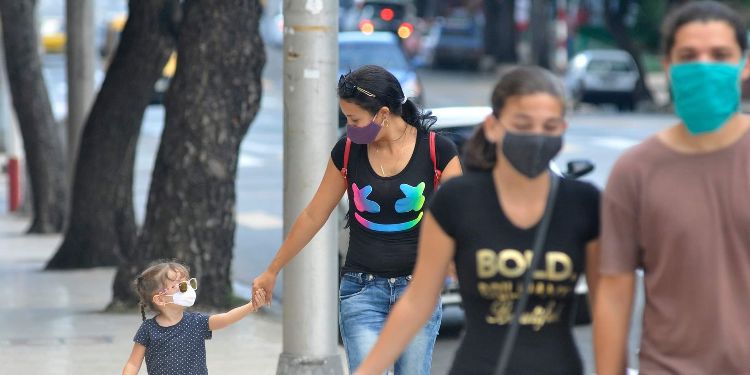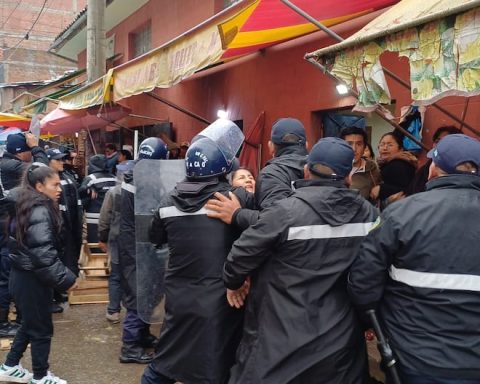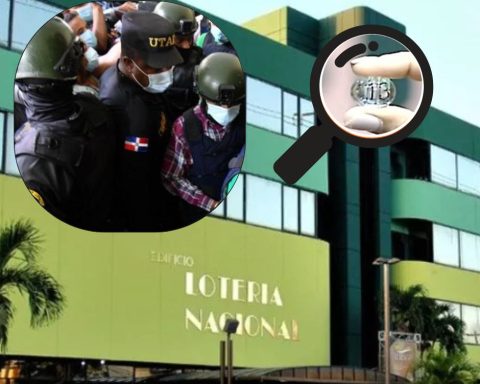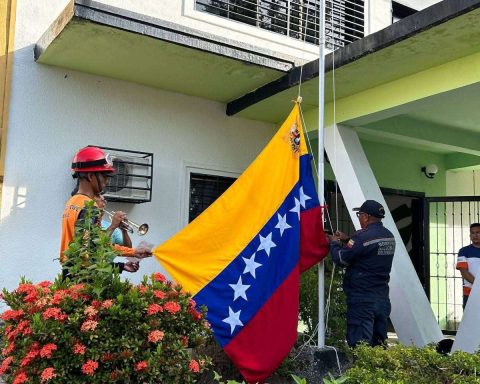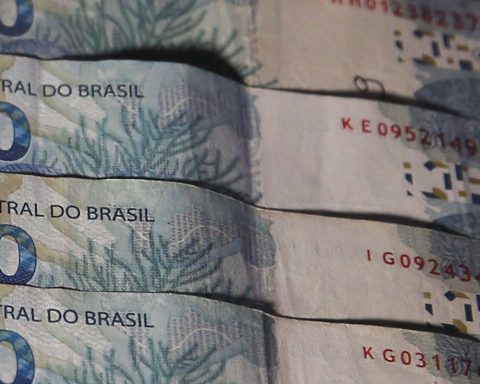The imposing funerary pyramid of Emilio Bacardí Moreau, who died on August 28, 1922, is not far from the mortuary stone of Fidel Castro, the man who dismantled his family’s rum and cultural legacy.
One hundred years after the death of the Santiago patriot, historian and philanthropist, the same regime that expropriated the Bacardi distilleries and buildings intends to pay homage to whoever was the first Republican mayor of Santiago de Cuba.
Tributes and biographical notes in the official newspapers now present Bacardí as a kind of political forerunner of the revolutionary practices of 1959: a furious anti-imperialism is attributed to him, his business and political management is minimized, the subject of rum is dismissed as a taboo, and they almost cataloged him as a feminist, for asking that the widows of the mambises occupy positions in the city council.
Bacardi will suffice for everything the Cuban regime needs, including a “memory war” against the company’s heirs and directors, who currently have their headquarters in the Bermuda Islands.
Investigating and citing Bacardí means playing with fire, since not all those who have contributed to the tribute have expressed themselves in politically “desirable” terms.
However, researching and citing Bacardi means playing with fire, since not all those who have contributed to the tribute have expressed themselves in politically “desirable” terms.
Some texts recover the syrupy language of the social chronicle of the Republic, in addition to using terms such as patrick, distinguished Y patriarch, inconceivable in the official organs of the Communist Party.
Censorship puts journalists in a curious dilemma: they must reconstruct the history of Cuban rum made by Bacardi, talk about it as if it were still distilled on the island, and suspend all references after 1960.
“If Cuban rum is the best on the planet”, reasons Cubadebate, “In Cuba the best is the one in Santiago de Cuba, the one started by Facundo and bequeathed to us by Don Emilio Bacardí Moreau,” they say, without mentioning the expropriations after the triumph of the Revolution or talking about “brands.”
Commemorating his death, the magazine Bohemia repeats that the initial grave of the patriot he was “humble to the point of strangeness” – the phrase is Fernando Portuondo’s – but they forget to mention the sumptuous millionaire’s mausoleum that was dedicated to him later, described only as a “symbolic pyramidal structure”.
The “main course” of the tributes was the presentation, once again, of the two volumes of Emilio Bacardí Moreau: of passionate Cuban humanism, published in 2018 by the historian Olga Portuondo, a controversial biography of the patriot whose distribution and sale was delayed, until it was almost impossible to locate in bookstores.
With success, but serving the official appropriation of “uncomfortable” figures, Portuondo introduces Bacardí’s work as founder of the oldest Cuban museum, as well as author of the monumental collection Chronicles of Santiago de Cuba and other smaller fictional and historical books. A mambí intellectual and conspirator, more than a politician or a businessman.
Until today, the most emblematic brand of Cuban rum maintains its production in the United States, Mexico, Puerto Rico, Italy and the Bahamas, but not on the island
During the commemorations, there was no shortage of people who quietly remembered the “prophetic coconut tree” of Facundo Bacardí. Facundo, father of the Bacardi clan, was the man who coined the bat symbol in 1862 to identify his new technique for distilling rum. In the vicinity of the factory he planted a palm tree that survived earthquakes, wars, fires, independence and changes of flag.
“The company will live in Cuba as long as the coconut tree lives,” said the legend. On October 14, 1960, on the eve of the company’s centenary, the coconut tree finished drying up and Fidel Castro expropriated the Bacardi offices without compensation.
The members of the family went into exile, with the “secret recipe” of rum, honey and strains of yeast. Several international legal processes have been launched against the Cuban government, but none have had results.
Until today, the most emblematic brand of Cuban rum maintains its production in the United States, Mexico, Puerto Rico, Italy and the Bahamas, but not on the island.
This Sunday, numerous officials, Party leaders, historians aligned with the regime and some workers from the Provincial Heritage Center considered the tribute settled in front of the patriot’s mausoleum in the Santa Ifigenia cemetery.
Lashed by the eastern Cuban sun, and after the anachronistic speeches of the members of the Central Committee, none of the attendees could toast the memory of Don Emilio with a drink of Bacardi rum.
________________________
Collaborate with our work:
The team of 14ymedio is committed to doing serious journalism that reflects the reality of deep Cuba. Thank you for joining us on this long road. We invite you to continue supporting us, but this time becoming a member of our journal. Together we can continue transforming journalism in Cuba.
